In her own words, StageQ Artistic Director Tara Ayres* describes how her search for culture and social change lead her across America and to a Madison theater community whose mission shines a spotlight on our queer experiences.
I came out into a radical lesbian feminist community in Kansas City, Missouri, in 1974 – in the excitement of the civil rights, anti-war and early women’s liberation movements. Radical lesbians knew that the world was a mess and that we had (or could develop) the tools and analysis to transform it. We talked and debated and argued and created new ways of looking at institutions and power dynamics and relationships. And we believed that our lives were the laboratories for social change, so it was incumbent on us to embody new, transformative ways of relating and creating.
Along with the marches and rallies and conferences and various forms of direct political action, a movement of feminist art and culture was fomenting. As a singer, and a lifelong performer, I was bowled over by the women’s music movement: lesbian singers and songwriters whose music spoke about our lives in ways that the top 40 never would; songs that were honest and searing, funny and poignant, and that both supported and challenged us. I was transfixed. I still engaged in direct political action, but became convinced that creating a revolutionary culture was as important as any other form of political activism. Voila, I was a cultural worker!
Through my years of activism, I have remained focused on culture. I love music and theater, but I also believe in the ability of art to change minds and hearts. Movies, plays, music and books invite us into a particular world view. If that world view reifies the status quo, at the worst I’m going be angered or drained or insulted. If it’s not “that bad,” then I’ll still have had to struggle to reinterpret the work into something that makes sense for my life; if you remember the delight and relief the first time you heard someone sing a love song to a beloved of the same sex, you’ll know what I’m talking about. Art can expand and transform our ways of interpreting the world.
Art that reflects us back to ourselves honestly lets us relax and feel normal, understood, supported. It lets us explore what our humanity means for us, challenging us to expand our world view. And art can keep us going and support us as we do our political work.
I started doing theater when I was in 6th grade (earlier, if you count making costumes and dancing around the living room while I sang and acted out the songs from Broadway shows). And because I love to sing and grew up with musical theater, I did lots of musicals. In high school, when I came out into the aforementioned lesbian feminist community, I started producing feminist concerts: Meg Christian, Margie Adam, Willy Tyson, Cris Williamson, Alix Dobkin. In college in Connecticut, I kept doing concert production, started a feminist band, joined a gay radio collective and became a women’s music distributor. My first girlfriend in college was getting a degree in technical theater, so I hung around backstage and worked on shows, including appearing in and directing a few student musicals. It was easy to hop on the train to New York and get cheap seats for Broadway shows, too.
Although I never stopped singing and producing music, eventually I stopped doing theater. It was too hard to see myself in straight productions of Peter Pan and Oklahoma. I loved them, but they didn’t feed my lesbian soul, and there weren’t any feminist or queer troupes near me in Connecticut, nor in Madison when I moved here in 1981. In Madison, I sang with a variety of bands, and I worked on a series of feminist and queer shows on the community radio station, WORT-FM (I still host Better Living Through Show Tunes). I read the work of Carolyn Gage and Jane Chambers and other lesbian playwrights, and occasionally even got to see a production of their work in NYC or at a festival. And I continued to do lesbian and feminist political work.
But no theater — until one day a friend who was a member of the comedy improv troupe, Flaming Dykasaurus, told me that they were going to write a lesbian musical comedy. Was I interested in auditioning? Was I ever! I was cast, and was back in a play after 15 years. And I was hooked again. Then, after several years of working with a variety of theater troupes, established and experimental, on-stage and backstage, I heard that StageQ was looking for a new artistic director. Tom McClurg, founder and original AD, handed the reins to me in December 2005.
StageQ: Queer Community/Theater:
StageQ’s mission is simply stated: to produce quality queer-themed theater and to build community. Almost three years into working with StageQ, I continue to be astounded by the complexity of that mission. Lesbians and gay men work together with some projects and organizations, but they can really be at least two (and perhaps 200) separate communities. How do you build “community” among disparate groups who may feel that they have little in common? I don’t have a global solution. But I do have some practical answers: Choose projects that will appeal to a variety of people; invite people to join you in a real and meaningful way; provide them with the support and training to succeed; treat them well and demand that they treat each other well; make quality and fun equally important.
So we choose plays that represent gay male experiences, lesbian experiences, queer experiences. Not every play represents every group, but over time we want our audiences to trust us to deliver amazing theater, so that they’re willing to see shows that might not represent them directly. Our auditions are usually open. We offer classes and training to provide the skills to become involved. We produce an annual playfest to give opportunities to new playwrights, actors, directors and technicians. We ask everyone who works with us to treat each other with respect and courtesy and to be proactive in addressing and resolving conflict.
StageQ feels like a grand experiment, with wild successes and extravagant failures. Thank goodness that the failures are seldom apparent to the audience, although I’m painfully aware of how short we sometimes fall of my grand visions. What I do know is that the dedicated and talented people who work with us make us a little better at building community with every show.
The final component of the mission is the one I’m least sure we’re successful at: building community among members of the audience. How do we create art that involves our audiences? Part of what I love about the theater is that it’s almost impossible to receive it passively; unlike watching television or movies, you see real people moving on a stage within a few yards of you. The plays themselves draw in our audiences.
In addition, we try to communicate some of our process — why and how we do what we do — without hitting our audiences over their heads. It’s something we’re still figuring out. And, of course we ask for their support; there’s no community theater if your community doesn’t show up for it.
At the end of an evening with StageQ, you may have laughed and cried, been puzzled or infuriated, entertained or challenged. At the very least, you should have heard a great story, told well. And I hope that you leave the theater refreshed and supported to live your life in a way that expresses some sense of our connections as a community.
*Editor’s Note: Since this article was published, Tara Ayres retired from being the Artistic Director of Stage Q at the end of the 2012-13 season. Audrey Lauren Wax joined the theater company as the new Artistic Director, effective September 1, 2013. For more on Stage Q, go to: http://www.stageq.com.

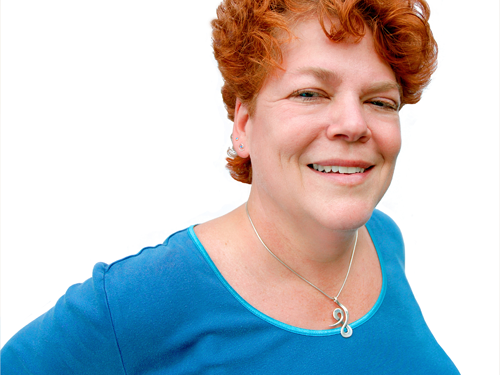


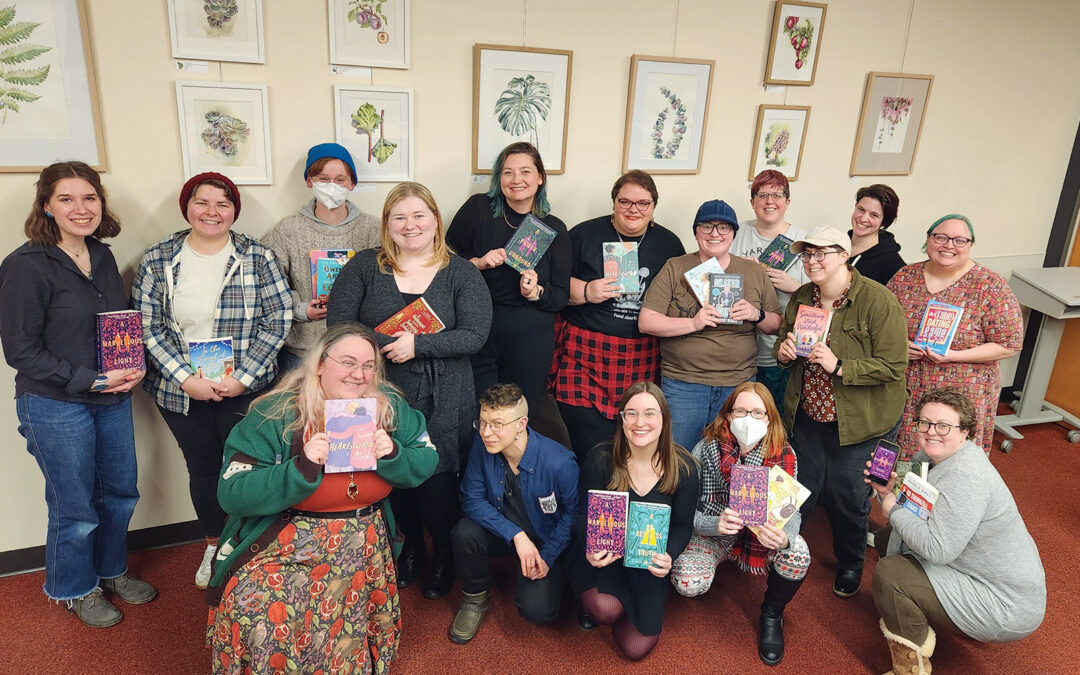
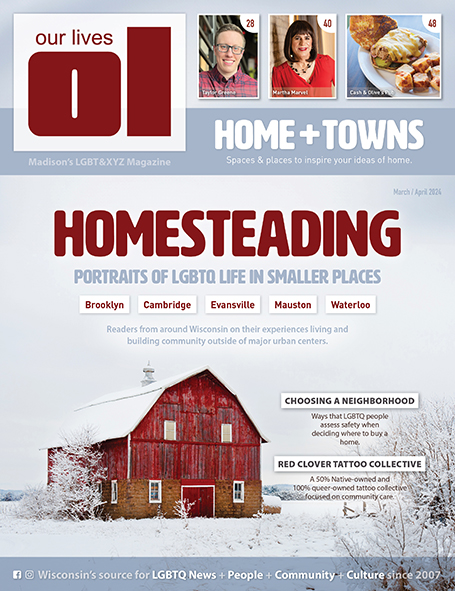
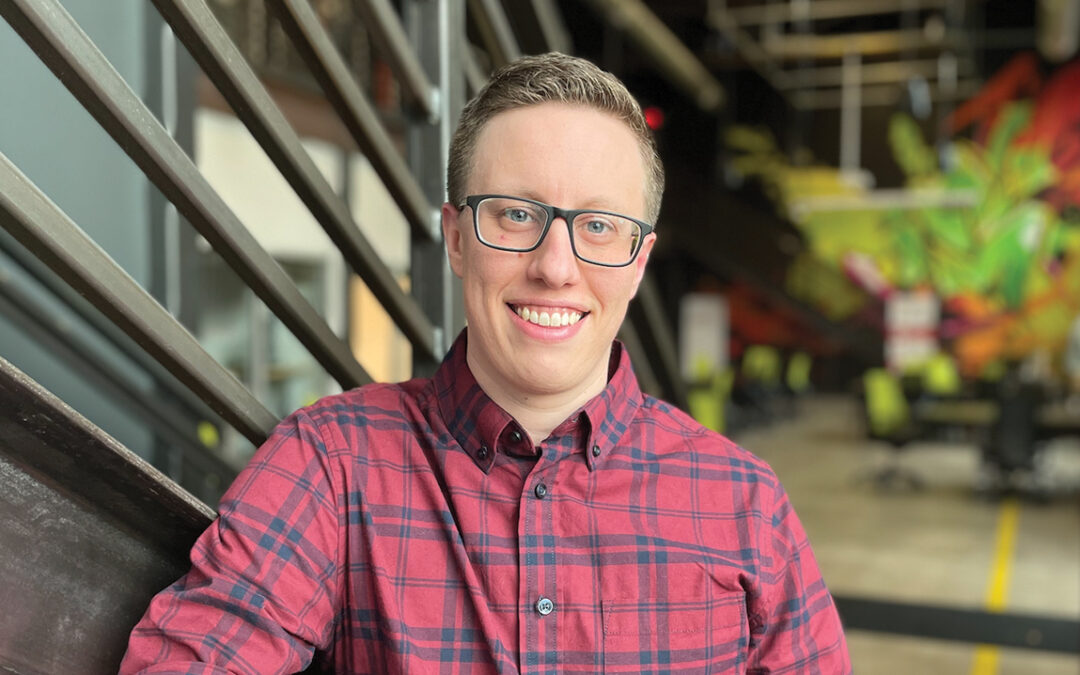
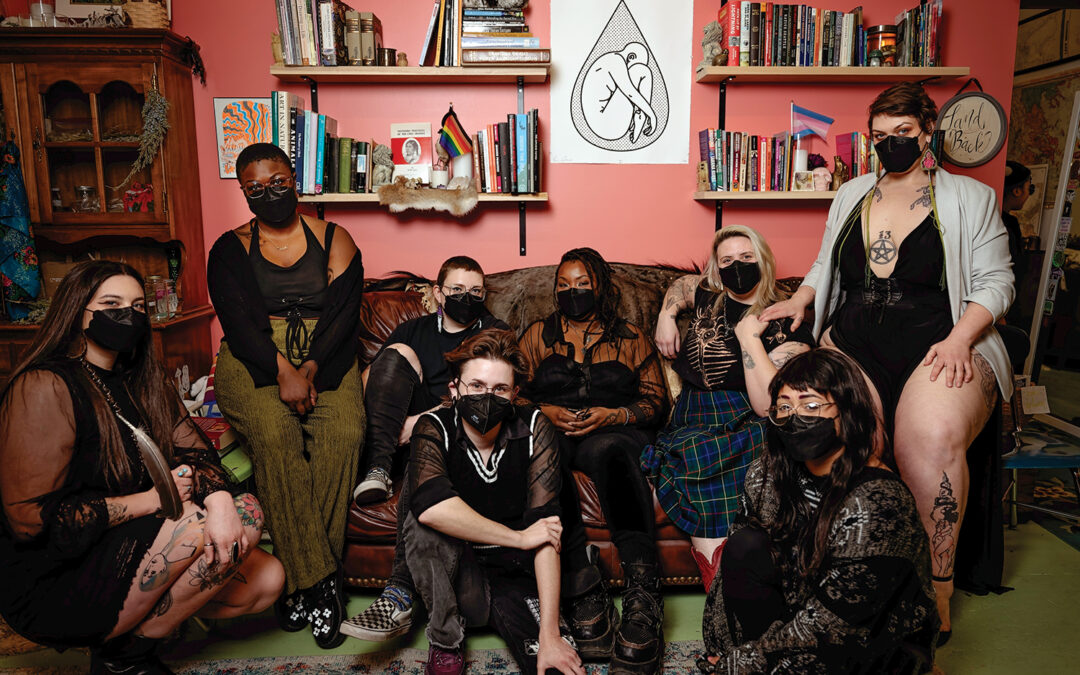
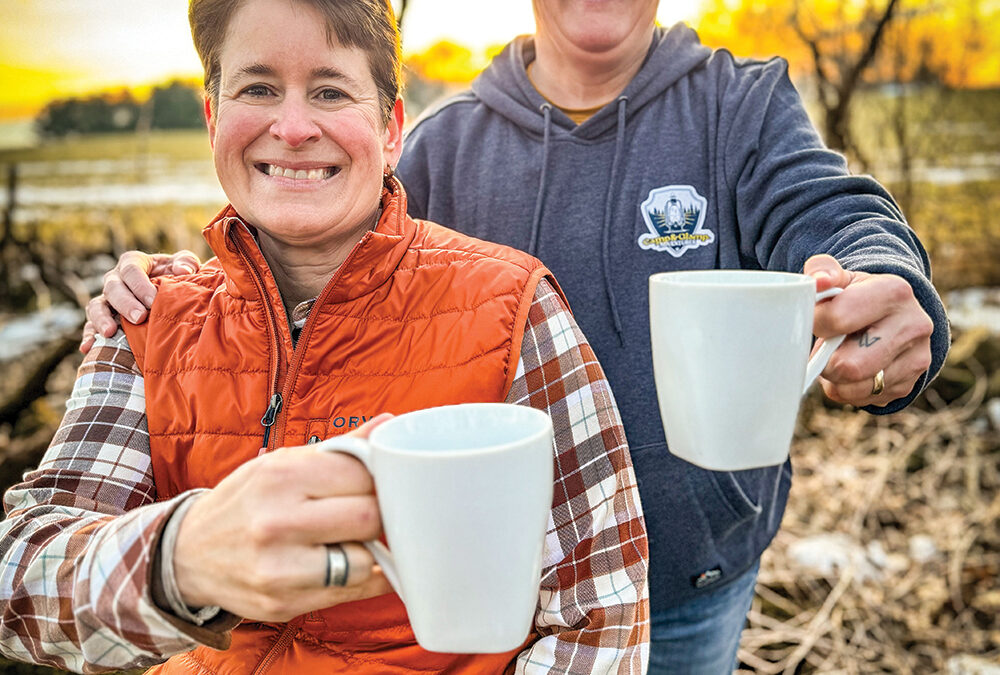
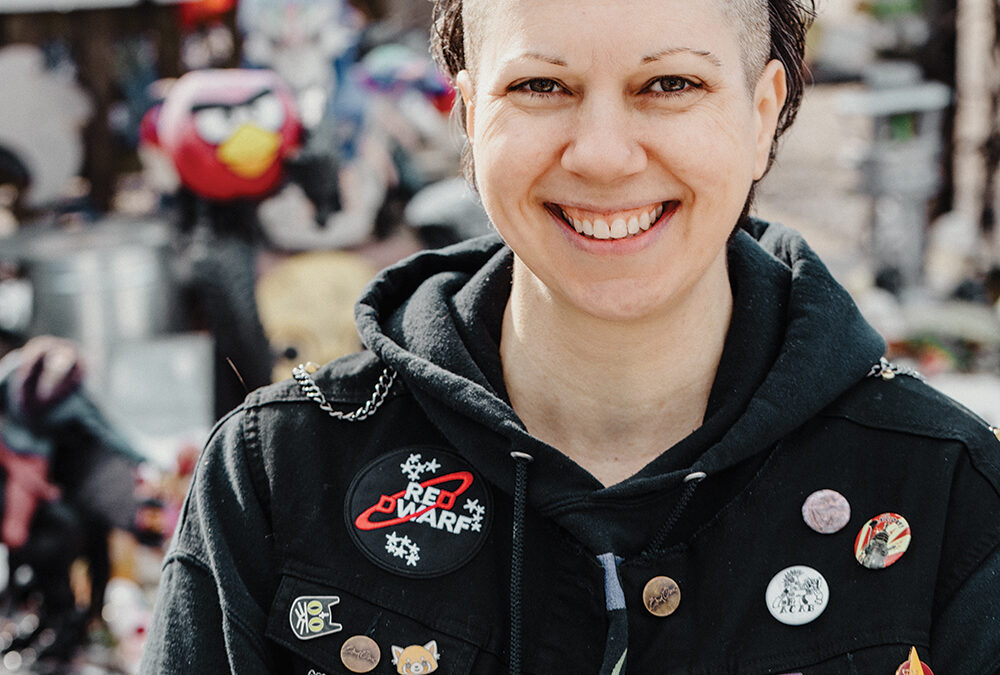
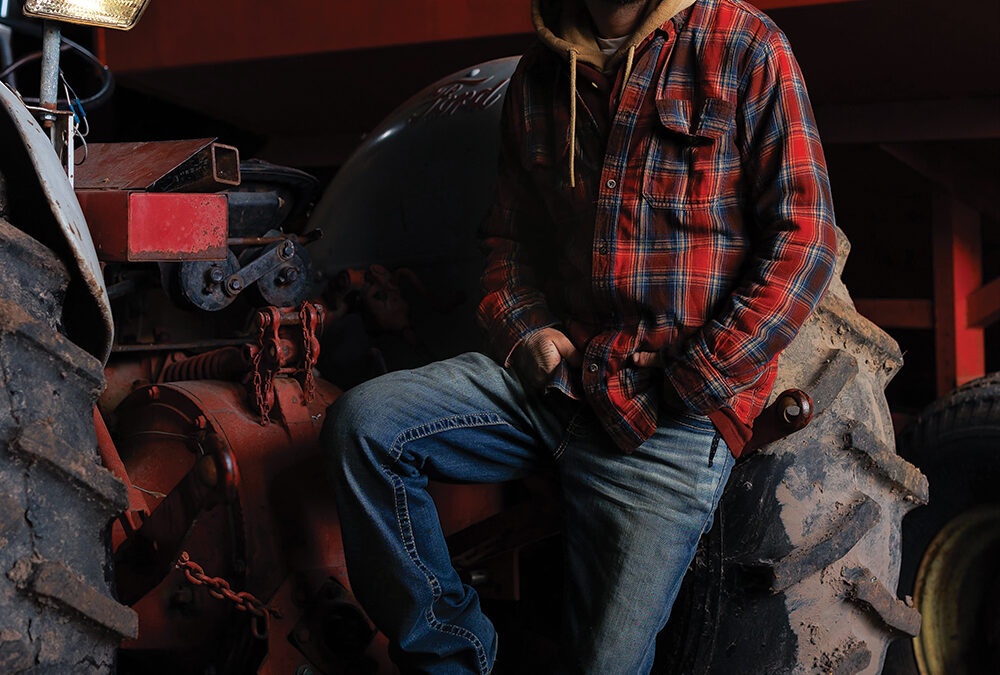
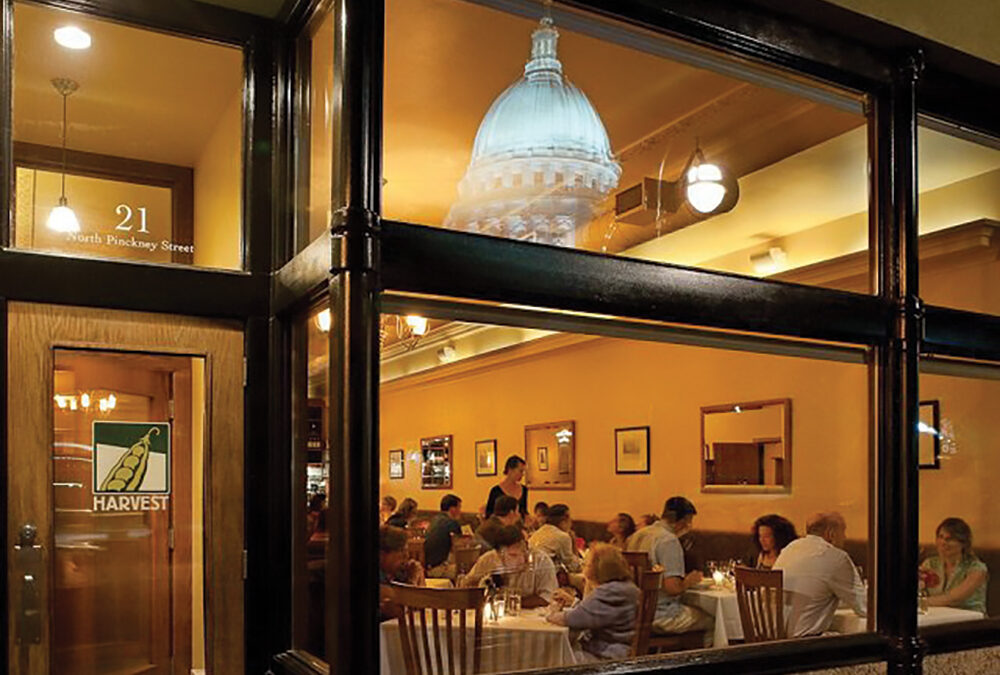
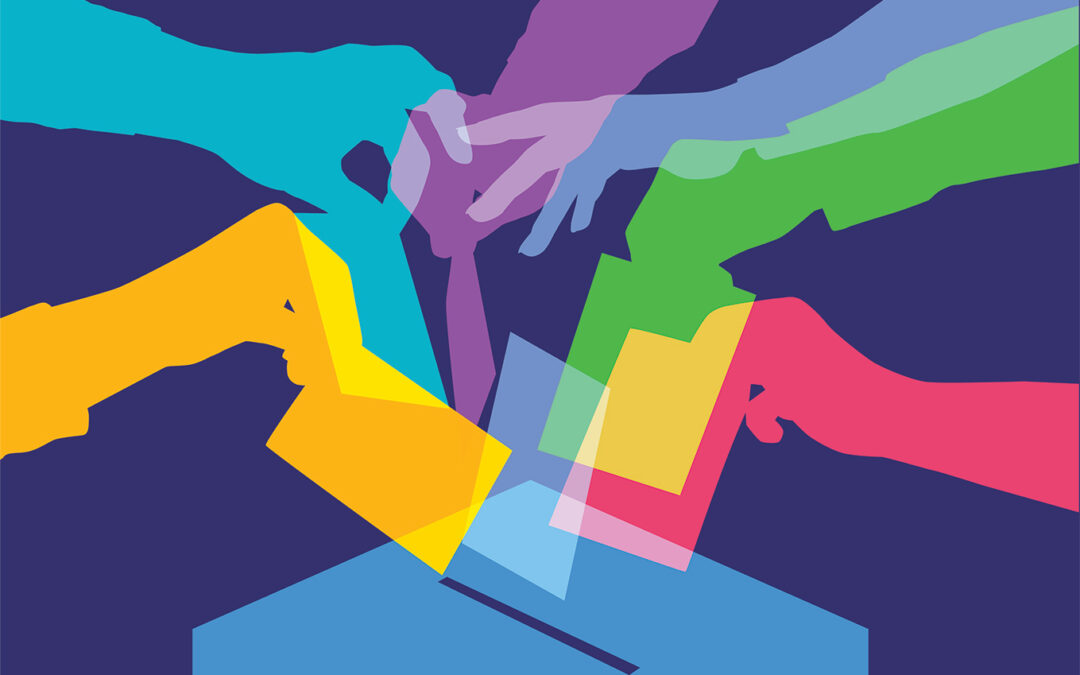
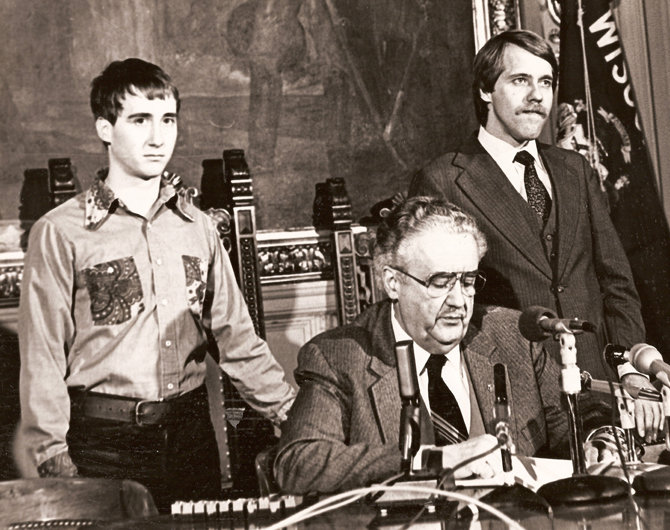










0 Comments